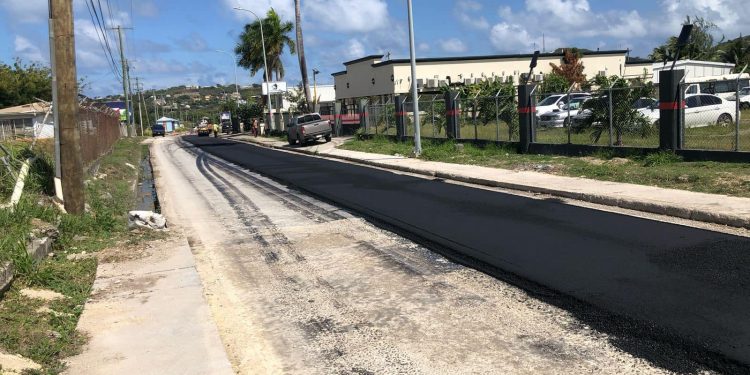The recent announcement of a 40% increase in vehicle licence fees has sparked controversy across the nation. Many citizens, myself included, struggle with the affordability of such an increase. Yet, despite my personal financial constraints, I find myself in agreement with the necessity of this measure.
As citizens, we must recognize that the development of our country does not rest solely on the shoulders of the government. Rather, it is a collective effort, and our contributions—no matter how small—are vital in shaping a sustainable and prosperous future. Development is not free, and while this increase may be burdensome, it is also an opportunity for us to invest in the nation we wish to see flourish.
Of course, the implementation of such an increase must be strategic. A sudden 40% hike is understandably daunting. A gradual, incremental increase would be a more practical approach, allowing citizens and businesses to adjust over time. Furthermore, there should be a clear distinction between businesses that rely on heavy-duty equipment and the everyday citizen. Large-scale operations that contribute significantly to wear and tear on public infrastructure should bear a different level of responsibility compared to individual taxpayers. Heavy-duty equipment businesses can contribute the full 40% increase, while regular citizens could be subject to a 30% increase to ease the financial burden on everyday households.
The notion that small contributions collectively make a substantial impact is not just theoretical—it is a proven principle of economic and social development. If every citizen contributed even $20 a month towards national development initiatives, the cumulative effect would be transformative. This concept of shared responsibility should be at the forefront of our national dialogue. Instead of outright rejection or uproar, we should focus on accountability. Where is this money going? How will it be spent? What improvements will we tangibly see as a result? The public should have access to clear and detailed reports about the roadworks being undertaken, ensuring transparency and trust in the process.
Another critical point that needs addressing before funneling large sums of money into projects such as road repairs is the assessment of our current infrastructure challenges. A prime example is drainage. How many times have we seen roads freshly paved, only to be dug up again months later due to flooding or underlying structural issues? Before we commit thousands to fixing roads, we must ensure that we are not merely putting a band-aid on a wound that will require even greater financial attention in the near future. Proper assessments, planning, and execution must be prioritized.
Additionally, we must begin looking at more sustainable methods for road repairs and infrastructure development. Small island developing states like ours do not have unlimited resources, and we must be mindful of how we invest in long-term solutions. Countries around the world have adopted innovative approaches such as using recycled plastics and tyres in road construction, implementing permeable pavements to assist with drainage, and exploring cost-effective yet durable alternatives to traditional asphalt and concrete roads. Why should we not explore such possibilities?
Beyond financial contribution, this moment presents an opportunity for a much-needed shift in our collective mindset. The tendency to resist change without seeking solutions only hinders progress. Instead of merely objecting to an increase, we should be actively participating in discussions that ensure the implementation of policies that benefit all citizens equitably.
While we demand accountability from those in leadership, we must also hold ourselves accountable for the role we play in national development. Complaining about an increase without proposing solutions is counterproductive. Let us shift the narrative from one of resistance to one of engagement, where we actively seek ways to improve our country through both financial contributions and responsible governance.
Yes, the increase will be difficult for many, including myself. But instead of rejecting it outright, let us advocate for fairness in its application, transparency in its use, and sustainability in its impact. Our small contributions, when managed effectively, can lead to substantial, lasting change.



